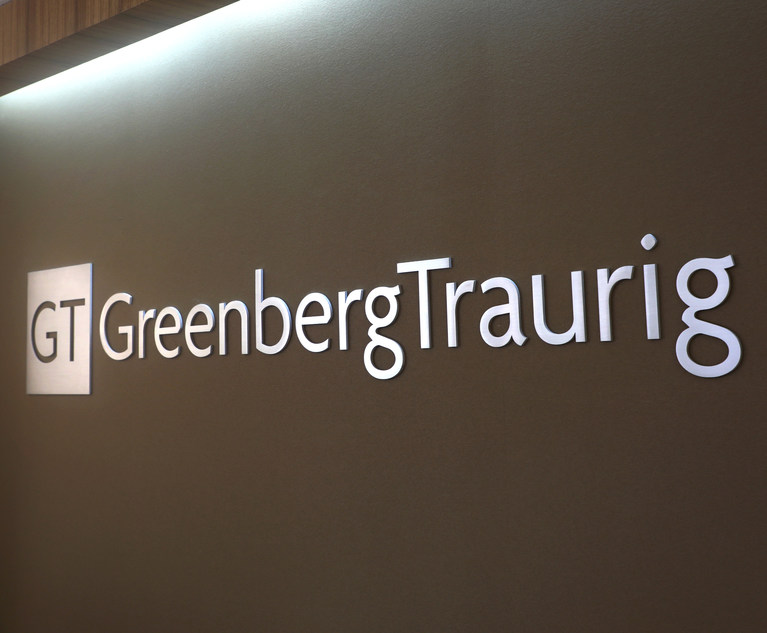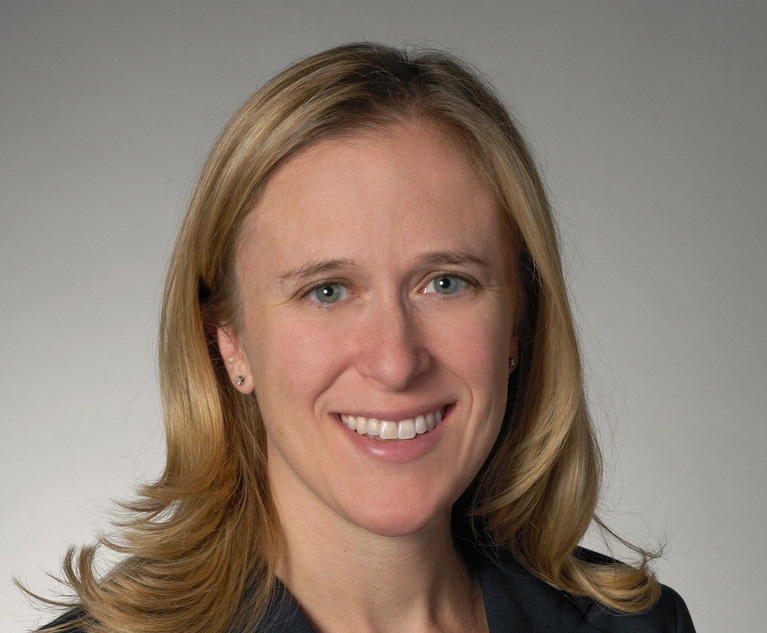Walter Benenati, managing partner and founder of Orlando, Florida-based Benenati Law, kicked off 2019 by shortening the workweek at his 24-employee firm to four days.
He regards it as one of the best decisions of his life. Fridays are spent with his family, taking his 3-year-old daughter to gymnastics and cooking a late brunch. His employees use Fridays to run errands and go to doctor appointments they previously had to either squeeze into the workday or take a precious day off.


 Photo: Shutterstock.com
Photo: Shutterstock.com








